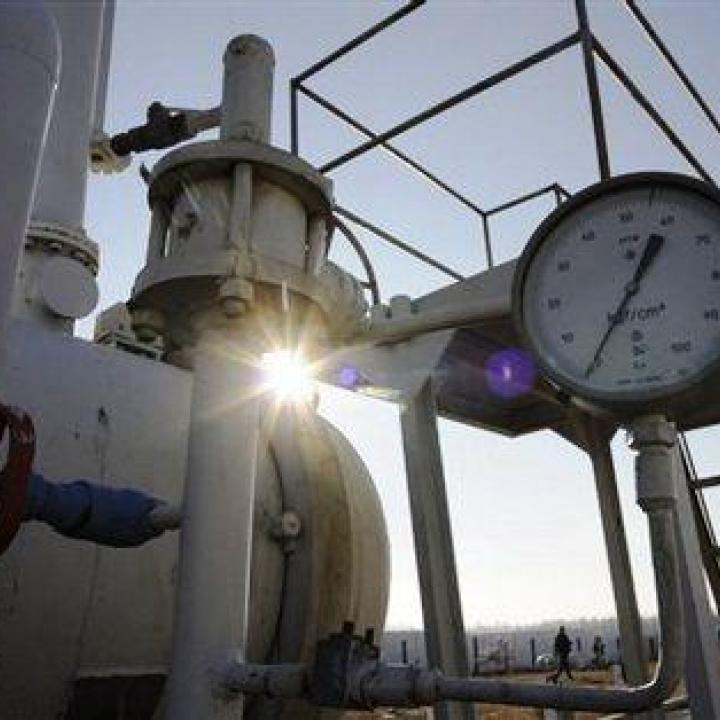

Piping Israeli gas to liquefaction plants in Egypt is the most commercially logical option but remains politically risky.
The announcement of a letter of intent between the partners in Israel's giant Tamar natural gas field and the Spanish owners of a liquefied natural gas plant on Egypt's Nile Delta coast is a major breakthrough, one that could help realize Israel's gas export potential and ease Egypt's energy crisis. The fifteen-year agreement, said to be worth $1.3 billion annually, foresees a quarter of Tamar's offshore reserves being converted into LNG and exported across the world. Until now, Israel had only signed up to send small volumes from Tamar -- which came onstream in March 2013 -- to Jordanian industrial plants by the Dead Sea.
When one factors in the unexploited Leviathan field, which holds almost double Tamar's reserves, Israel has much more gas than it needs for predicted future domestic demand. Yet its efforts to pursue export options have been hampered by various challenges. Hopes for cooperation with Cyprus were downgraded after the island's own offshore reserves proved smaller than anticipated. And the option of building a pipeline to Turkey -- an important market in of itself as well as a transit route to Europe -- has been overshadowed by political antagonisms.
Selling gas as LNG, particularly to Asian markets, is highly profitable, especially if Israel can avoid the huge investment (at least $5 billion) of building its own LNG plant. Yet the Egypt option has its hurdles. Until two years ago, Egypt exported gas to Israel, but the practice was domestically unpopular and the pipeline across Sinai was vulnerable to sabotage. Yet the likely route of a pipeline from the Tamar field, located fifty miles out to sea from the northern Israeli port of Haifa, would be on the Mediterranean seabed, making it almost impervious to attack. To be sure, Cairo will still have to manage political and public disapproval of dealing with Israel, perhaps by arguing that Egypt is not buying the gas but simply permitting the use of foreign-owned facilities within its borders.
Egypt's own demand for gas has soared because of its subsidized prices in recent years, which have reduced the volumes available for export and left Egypt's two major LNG facilities underutilized. Accordingly, the country is also a theoretical route for unexploited Palestinian gas reserves off the Gaza coast. Israel recently suspended cooperation with the Palestinian Authority on developing this field after Fatah sought rapprochement with the designated terrorist group Hamas, which controls Gaza.
Much remains to be agreed in the putative Israeli LNG deal, including the financing of the undersea pipeline. Yet the letter of intent is a major advance in the commercial development of Eastern Mediterranean offshore natural gas.
Simon Henderson, the Baker Fellow and director of the Gulf and Energy Policy Program at The Washington Institute, is author of the recent German Marshall Fund report "Natural Gas in the Palestinian Authority: The Potential of the Gaza Marine Offshore Field."



